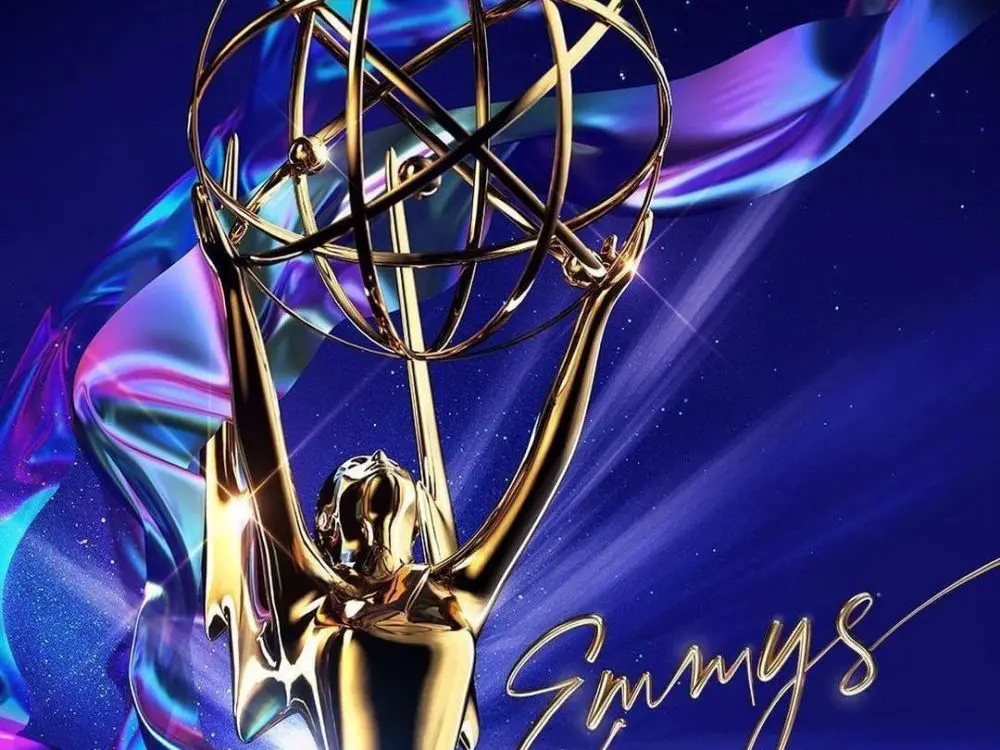I always dreaded bedtime when I was younger. As a result, I learned to crave the morning sun and tried to occupy myself when evening came to swallow the day. Unlike other boys my age, who were allowed to stay up past nine to watch football in the autumn, my unathletic, sports-averse self couldn’t find a reason why I should do the same. Soon, I manifested my obsession with glossy tabloids, Hollywood drama and television. The Emmy Awards, and other awards programming, finally provided an excuse to occasionally relish Sunday nights.
A quick scroll through this year’s nomination list peeled away that veil of nostalgia from my understanding of what stood bleedingly clear: The Emmy Awards still have a lot of work to do when it comes to diversity and inclusion.
This annual award show impacts how the cultural masses come to recognize key Hollywood actors and figures. Invitations to these gatherings are microcosmic of the industry-at-large. It’s not solely a question of whether an actor deserves to take home the gilded trophy, but also one concerning who was nominated in the first place.
Yes, the statistics show that underrepresented groups are gradually making progress in the awards circuit, but this improvement should be much more than a slow drip.
According to an analysis conducted by Michael Ordoña of the Los Angeles Times, 82% of nominees between 2015 and 2019 in the major categories were white. Black nominees trailed behind with only 14%, while Asian and Latino inclusivity reached a meager 3% collectively. Female nominees composed roughly 10% to 13% of the nominees until 2019, when a quarter of those nominated were women.
After studying a 2019 population estimate provided by the U.S. Census Bureau, the diversity seen on the nominee list falls flat when it comes to comparative representation. For example, Latinx nominees comprised only 1% of the total between 2015 and 2019, while 18.5% of Americans identified as Hispanic or Latino on the census.
This finding clarifies that the Television Academy does not actively seek to raise an equal platform to nonwhite actors, but instead participates in racial tokenism. The general formula offers just enough to underrepresented actors to check a box, but continues to stay within their systemically exclusionist confines.
Even when minorities in the television industry do transcend this barrier, they must continue to fight for their seat at the table. When “The Office” was nominated for an Emmy back during the hit program’s heyday, Asian American actress Mindy Kaling was nearly swindled out of any recognition for her work as a producer.
“[The Television Academy] made me, not any of the other producers, fill out a whole form and write an essay about all my contributions as a writer and a producer. I had to get letters from all the other male, white producers saying that I had contributed,” she told Elle Magazine in an interview.
Accepting the Emmy Awards as a definitive canon of success in the television industry feels ineffectual when considering accounts such as Kaling’s. This blatant ostracism ultimately questions the awards show’s validity as a necessary, critical platform.
When nonwhite celebrities do manage to nab a nomination, they must struggle to be seen and heard under the public eye. This is the great danger with broadcasted awards programming like the Emmys: White celebrities who amble down the red carpet typically succeed in finding work without much struggle. In turn, the viewers come to recognize a general group of faces in the business and hunger for their content time and time again.
Those with considerably less work, namely people of color, are forced under an even smaller spotlight without proper recognition. Accolades for various performances no longer simply complement an actor’s career — instead it becomes a qualifier for media ascendancy and recognition. Without a proper awards show debut, some end up disregarded by consumers altogether.
Now what?
Though the novel coronavirus made for a difficult summer, “Pose,” a groundbreaking television program featured on FX, has properly consumed much of my free time. Led by an incredible cast of transgender women, the show follows different characters as they navigate New York ball culture in the late 1980s — the AIDS epidemic ravages the LGBT population as they work to stay on the map.
Unsurprisingly, not one of the female showrunners were nominated by the Television Academy. Billy Porter, who depicts a Black, gay emcee did earn a nod for lead actor in a drama series, but overall, “Pose” was left behind, regardless of the impact it has made.
Upon learning this news, I composed a frustrated and angry text to a friend that questioned the Academy’s motives. She countered, saying, “Honestly, I’m biding my time for these award shows to become obsolete.”
I want to clarify that the actors who have worked tirelessly to earn their respective nominations and awards should not face denunciation. Rather, we should seek to unpack and reevaluate the value of the Emmy Awards as a larger entity.
Such a measure initially appears extreme, but it begs an important question: Why should we invest in a critical institution that continues to discredit and ignore many actors who deserve recognition?
Frank Scherma, CEO and chairman of the Television Academy, wrote, “We [acknowledge] our responsibility to create inclusive stories that empower, inspire and reflect the diversity of our audience … despite the best of intentions, we as an organization, and television as an industry, have fallen short of those ideals.”
This cycle of Emmy nominees demonstrates that Scherma’s promise is slowly coming to light, but in a time when performative activism plagues the assurances of countless large corporate groups, there is much more work to be done. The Television Academy must ensure they continue to play the promised part.

















